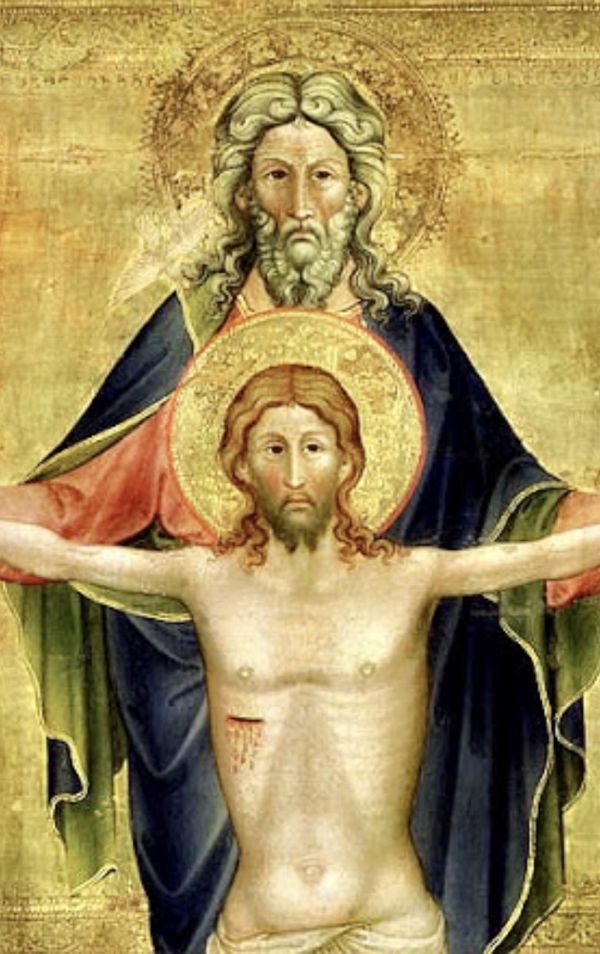From above and from below
(Jn 8:21-30)
At the end of the first century, the Jews raised questions concerning the prayerful reading that the disciples of Christ made of the events and the Words of the Master.
The inglorious end of Jesus and His destination posed several questions. The text reiterates that the crucial point was the prejudice of the ever victorious Face of God.
Tare that prevented from recognizing the Father in the Son humiliated by the authorities, and in the sons who had followed Him, equally defeated... but who considered themselves victors - even of the «sin» (v.21)!
Only the sense of the story of Lord sweeps away the void of intimate energy aroused by the perception of the creatural condition - from which the inability to correspond to one's own intimate vocation derives.
Lacerating and bizarre inefficiency, because it is induced and sustained precisely by paradoxically 'worldly' official structures - and by the mentality they themselves spread; a conviction secured over time.
The same term used in the plural [«sins», in a moral sense] underlined and reiterated in verse 24 alludes to the torment inoculated in the soul and life of people, precisely by the "normal" cloak of beliefs.
They enclose the journey of individual exceptional personalities within a useless spasmodic search for imperfections, which are by nature inevitable - with the torment of comparisons to external models.
Result: women and men whose lives stagnate in the strident attempt to overcome the genuine contradictions of their own faces that complete us, with extreme and vacuous expenditure of virtues.
In this sense, the veterans, experienced and well-known leaders, found it difficult to understand the meaning of the elevation of Christ.
The authentic Messiah was raised to the "right" of the Eternal and on the Cross - highest Revelation of the «I Am»: Emmanuel in his Personality, Wisdom, Uniqueness, Future and already Presence.
The Crucifix that in Jn 19:30 and 20:22 hands over the Spirit without delay, radiates the image of the divine "position". And through the bond of Faith he makes us live in his Contact; which is of debasement and descent, but of humanizing weight and relief-promotion (vv. 28-29).
What we also experience in the «Son of man» within this founding relationship with the Father becomes explicit precisely in a Confluence, Core, Active Bridge, and Hinge.
Liberation and Salvation that allows to treasure pitfalls, paradoxes, and upheavals.
The Messiah works in a reversal of «glory», of climbing, and dominance.
He acts in the contrast of principle [which seems devoutly incomprehensible] between two «worlds» - the self-styled ‘best’ of which seeks redemption in “above”.
But creates dismay. It still doesn’t know how bringing life from death.
«Dying in sin» means closing oneself in the criteria that exclude true honor: that of the total gift of oneself - for a further and widespread outcome.
To the question «Who are you?» Christ responds by giving a full Life appointment, on Calvary.
[Tuesday 5th wk. in Lent, April 8, 2025]












